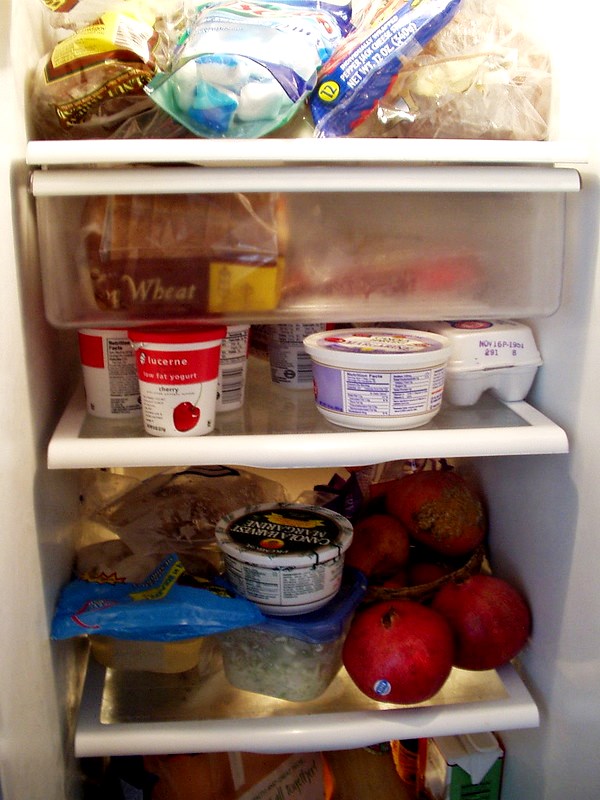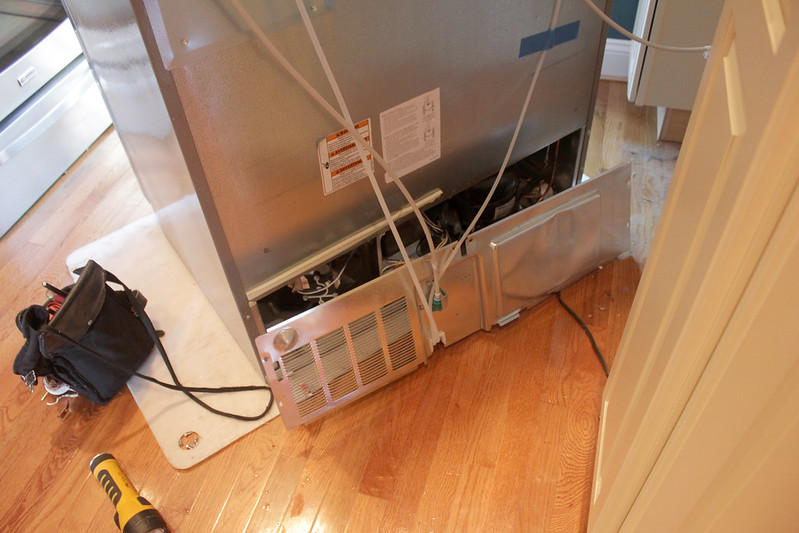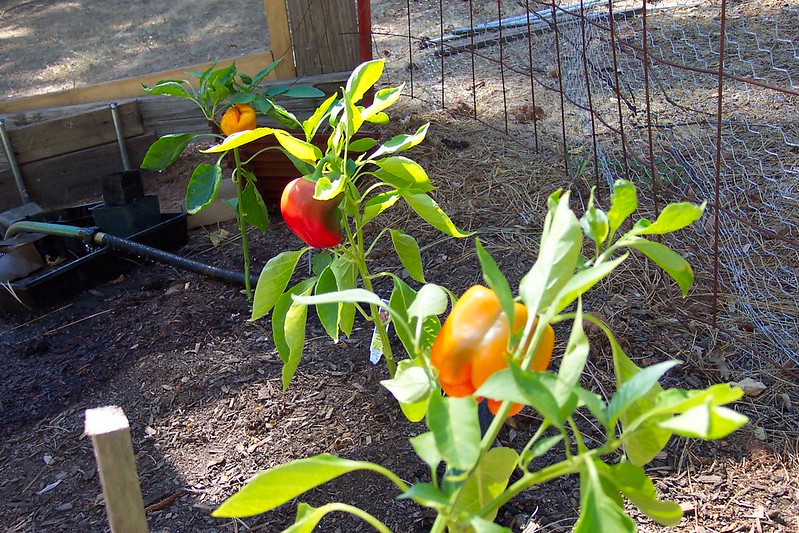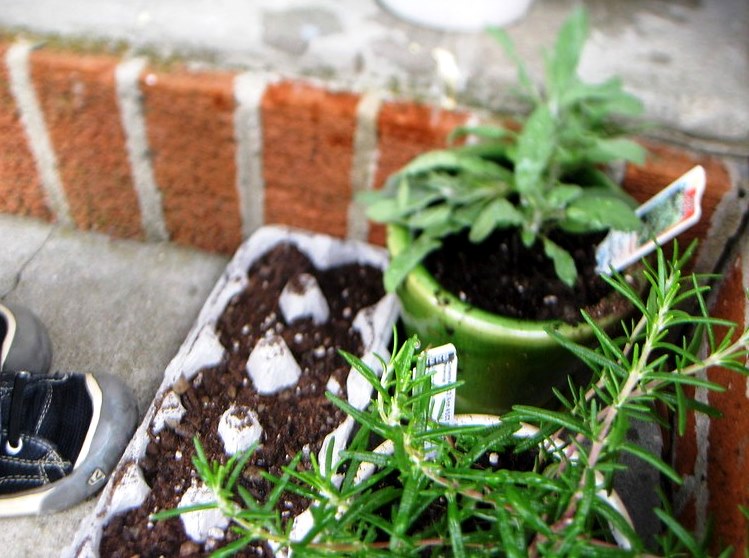Safe Healthy Fruits And Vegetables During Coronavirus
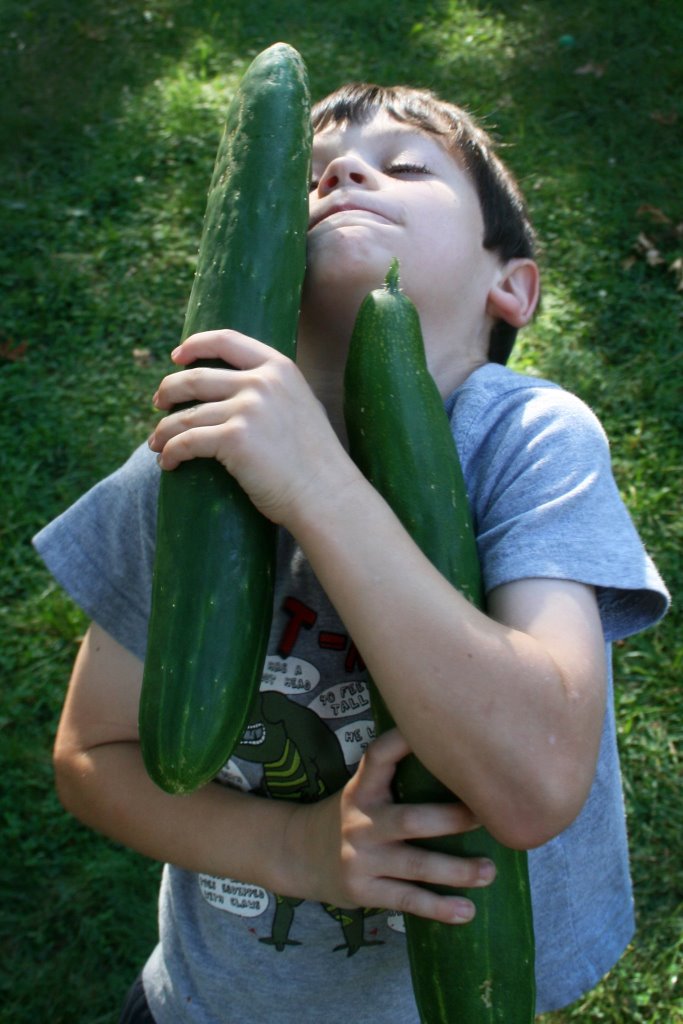 Today’s post is inspired by two mistakes I made. In the COVID-19 pandemic, I (together with everyone else) am still learning how to navigate our strange new life. Here’s what happened:
Today’s post is inspired by two mistakes I made. In the COVID-19 pandemic, I (together with everyone else) am still learning how to navigate our strange new life. Here’s what happened:
- Hoping to avoid grocery shopping for the next couple of weeks, I filled my fridge with produce. However, when I pulled vegetables out a few days later, they were far from fresh. What happened? Turns out I'd stored them wrong. (To learn the right way, read on.)
- Suddenly it dawned on me... a trip to my favorite nursery is out of the question this spring. But I was too late to buy seeds from local home stores, which are all sold out. And Amazon seed sellers were charging a fortune. Since last summer, I’d been planning to fill my small urban garden with edible plants. Now how could I make that a reality?
Eating right is more important than ever these days, since it helps boost our immune system to combat coronavirus. Besides, fresh, delicious food is a reliable pleasure in uncertain times. Here’s hoping you can benefit from my experience and feed your family safe healthy fruits and vegetables.
Store Fruit And Vegetables Safely
- Store promptly. After shopping, put produce away ASAP. (Quality may not be what we’re used to. Discard any moldy items and use extremely ripe foods right away.) Do not wash until just before use. Sanitize your hands after touching stuff you’ve brought into your home.
- Handle long-lasting roots and fruits correctly. Hard fruits like apples and root vegetables such as potatoes, onions, or carrots do not need to take up precious fridge space. They are best stored in a cool place with plenty of air circulation.
- Keep dry. Delicate fruits and veggies tend to last longer when they’re dry. Prior to refrigeration, wrap delicate items in a cotton dish towel to absorb damp.
- Don’t create condensation. Excess moisture harms produce. Store in the crisper, not the main refrigerator -- my 1st mistake. Reduce condensation further: minimize opening the fridge door and quickly cool hot food before refrigerating.
If moisture persists, you may need to hire a professional handyman to fix your refrigerator – an essential appliance right now. See guidelines for safe home improvement and repair during the pandemic.
Buy Seeds or Seedlings
Hindsight is 20/20. I should have ordered seeds weeks ago. At that time, though, I had other things on my mind, like whether I’d have to cancel my vacation trip this April. (I did, and was grateful to get a refund on my ticket.)
Anyway, that was then and this is now. I eventually found an online source for seeds, which didn’t charge exorbitant prices. Now let’s see whether they arrive before next fall! Here’s what I ordered:
- Bush beans
- Cherry tomatoes
- Chives
- Cilantro
- Dill
- Romaine lettuce
- Spinach
- Summer squash
- And strawberries for dessert
In the meantime, I’m going to experiment with growing a garden from the grocery store. Seeds from those organic tomatoes and bell peppers I already have are likely candidates for sprouting, as are dried beans.
If you’d like to try vegetable gardening at home, look around. Some local nurseries are still offering online ordering or social distancing curbside service for seeds or young plants.
Tips For Growing Produce
- The choice of species is obvious – go for fast-growing, high-yield varieties suitable for your Plant Hardiness Zone.
- Take your outdoor space into account. I chose bush beans, for example, because they don’t need a trellis or other support while they grow.
- If you’re in a cold climate (like me), start seeds indoors now. Spout them in "nests" made of old egg cartons with a bit of potting soil. Then transplant seedlings outdoors -- cardboard and all -- once the weather warms up.
- Some plants will thrive just fine inside your house. Try cultivating kale indoors, for example.
- Create a compost pile. Reduce your garbage and recycling while you nourish your garden.
- Get the whole family on board. This is the perfect project to stave off boredom and feel productive. And it may actually encourage your kids to eat their veggies.
Now if only we could grow toilet paper!
Coronavirus: Wash Fruit & VegetablesWash hands 20 seconds with soap and water before handling food. Rinse produce under a stream of running water -- even items with peels, which could be contaminated. Remove peels before consuming if possible.
Rinse off any dirt or dust. Peeling is not necessary if only you and your immediate household have touched the produce.
The CDC warns not to share food that another person, even a family member, has bitten into or drunk, to avoid transmitting possibly infected saliva. |
Laura Firszt writes for networx.com.
Looking for a Pro? Call us (866) 441-6648

Handyman Average Costs
Handyman Services Experiences

Electrical Wiring For Our New Shed

Look To Your Electrician For Advice On The Best Lighting System

